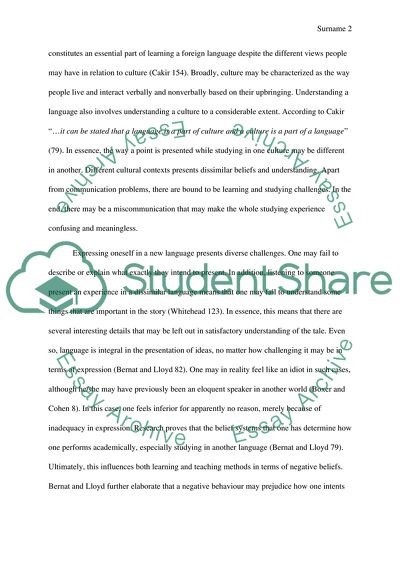Cite this document
(Studying in another language Essay Example | Topics and Well Written Essays - 1250 words, n.d.)
Studying in another language Essay Example | Topics and Well Written Essays - 1250 words. https://studentshare.org/education/1822932-studying-in-another-language
Studying in another language Essay Example | Topics and Well Written Essays - 1250 words. https://studentshare.org/education/1822932-studying-in-another-language
(Studying in Another Language Essay Example | Topics and Well Written Essays - 1250 Words)
Studying in Another Language Essay Example | Topics and Well Written Essays - 1250 Words. https://studentshare.org/education/1822932-studying-in-another-language.
Studying in Another Language Essay Example | Topics and Well Written Essays - 1250 Words. https://studentshare.org/education/1822932-studying-in-another-language.
“Studying in Another Language Essay Example | Topics and Well Written Essays - 1250 Words”. https://studentshare.org/education/1822932-studying-in-another-language.


